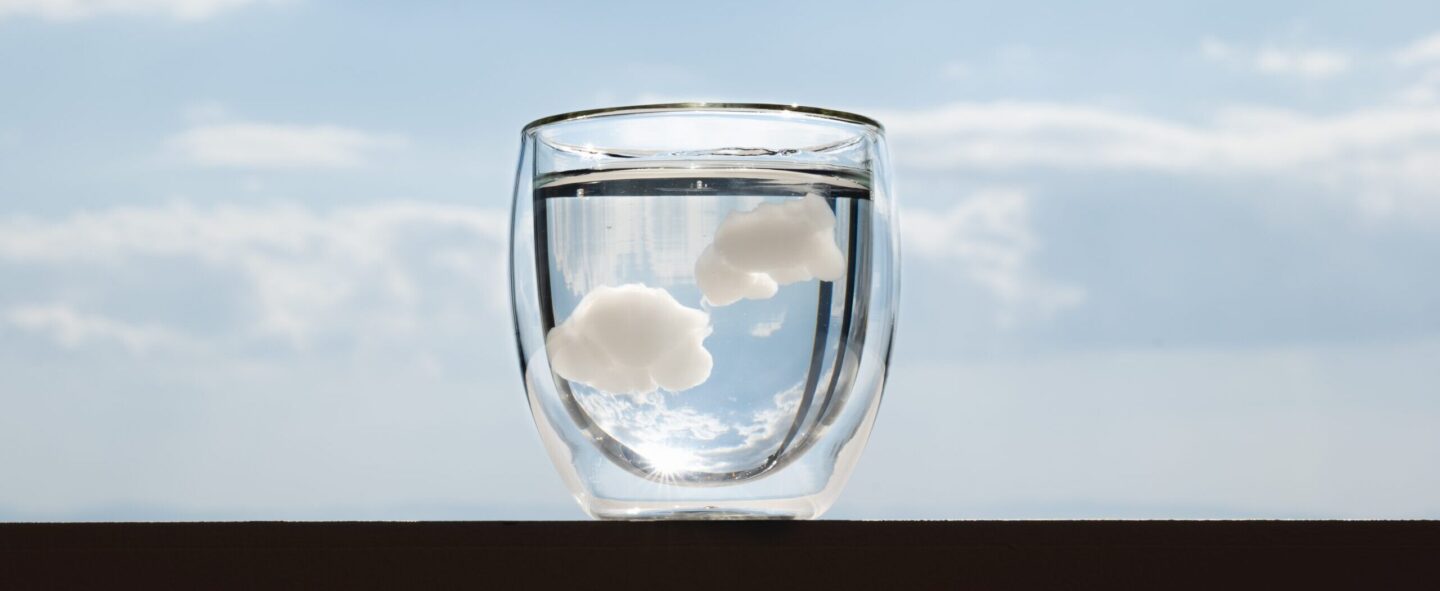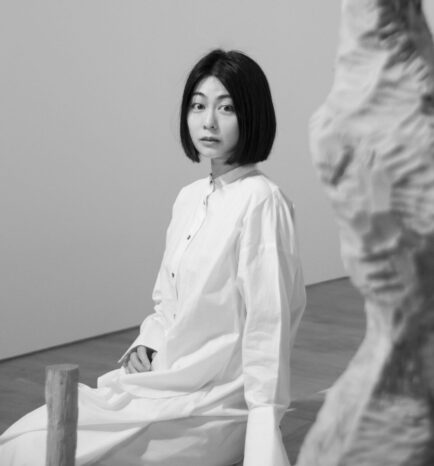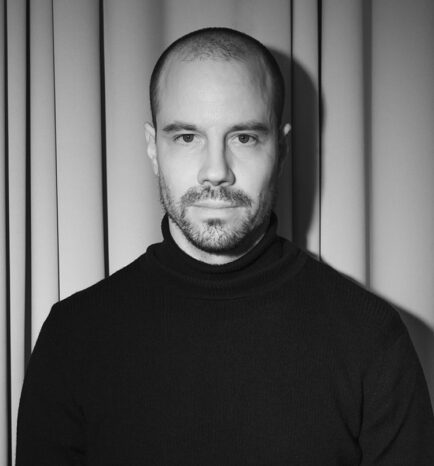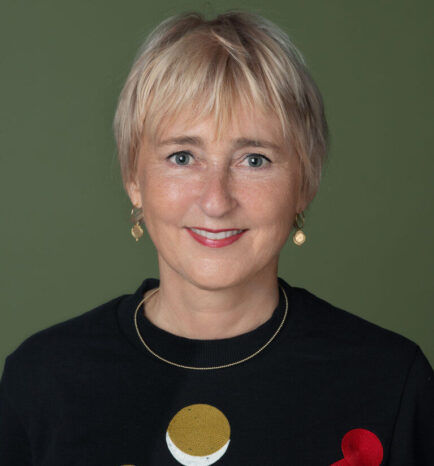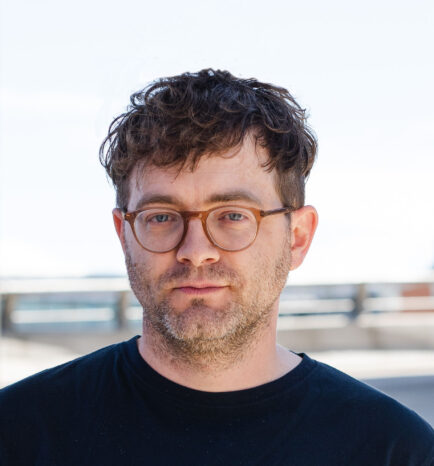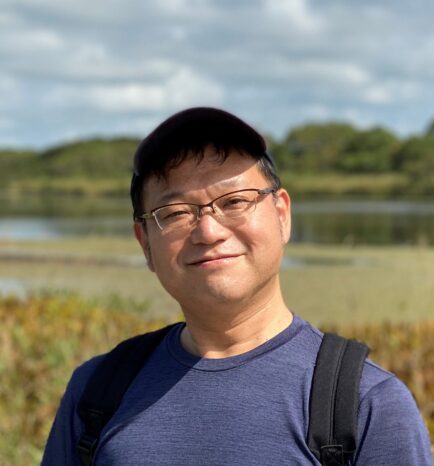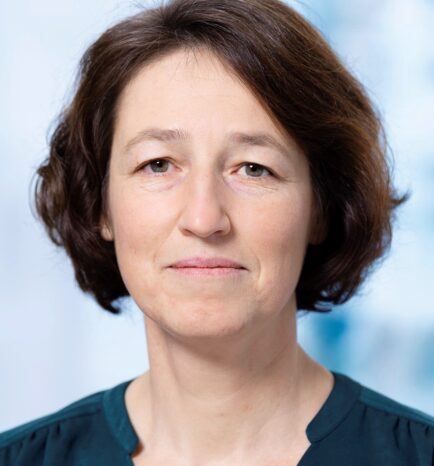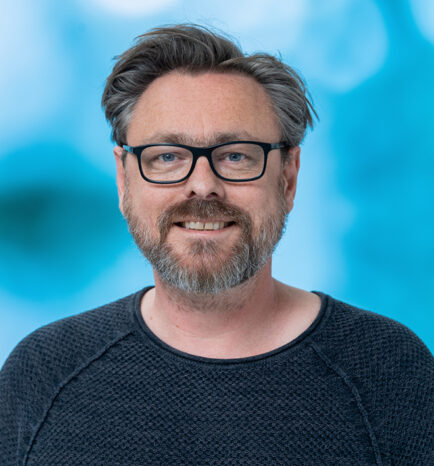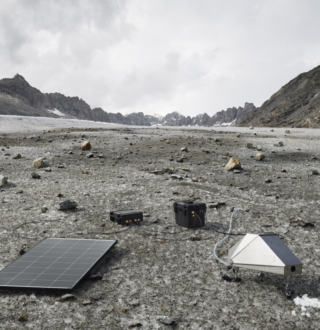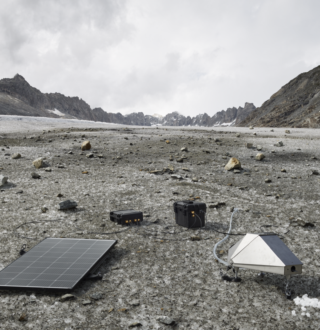
Fiammetta Pennisi
Amid the accelerating climate crisis, humanity must reconsider its place within the cycles of the Earth. Art can invite us to engage with some of the contradictions of our time: urgency and paralysis, knowledge and inaction, persisting beauty and irreversible loss and science can help us understanding a highly volatile and complex process and suggest ways to react, to mitigate climate change and to adapt to it.
In this conference, artists and scientists from Japan and Switzerland share insights into their practice around water in a world where certainties are at stake: How can river restorations contribute to flood control, renewable energy production and improve ecosystem services? How does ice melting influence the Arctic’s biodiversity and accelerate climate change? And how can art let us see technology not as a mere solution, but as a tool for reflection, interpretation and care?
“Converging Waters” aims to engage and explore how we can address shared concerns about climate change and discuss human climate intervention beyond disciplinary and cultural boundaries and learn from each other how to go forward in a responsible and holistic way. Through various formats we explore how to create new knowledge, while strengthening transdisciplinary and transcultural collaborations and networks between artists and scientists from Japan and Switzerland.
The conference is part of the public program on the exhibition «Swissnex Window#10: Converging Waters – Kumo, Kawa, Kōri» at the Swissnex in Japan exhibition space. With artworks by Japanese artist AKI INOMATA and Swiss artist Marcel Rickli. The exhibition is curated and produced by Irène Hediger & Flurin Fischer, artists-in-labs program, Zurich University of the Arts.
Artist
AKI INOMATA is an artist living and working in Tokyo, Japan. Focusing on how the act of “making” is not exclusive to humankind, she continuously develops and implements a process of collaboration with living creatures and other entities into artworks.
Artist
Marcel Rickli is an artist living and working in Zurich, Switzerland. His work aims to capture an epoch in which humankind has become the most important influencing factor on our planet’s biological, geological and atmospheric processes: the Anthropocene.
Converging Waters - Curator
Irène Hediger is the head of the artists-in-labs program at Zurich University of the Arts, and a curator, researcher, and lecturer working at the intersection of art, science, and technology. Her research focuses on collaborations across diverse knowledge systems and the interrelations of human and more-than-human entities.
Converging Waters - Curator
Flurin Fischer is a research associate at the artists-in-labs program at Zurich University of the Arts, independent author and lecturer in film theory and transdisciplinary collaboration. At the core of his practice lies an eclectic interest in the diversity and complexity of our world.
Bio
Dr. Keigo Nakamura is the Director of the Water Environment Research Group at Public Works Research Institute, where he specializes in river restoration and ecological engineering. He has amassed nearly three decades of experience working for the Ministry of Land, Infrastructure, Transport and Tourism, both in research capacities at institutions such as the Public Works Research Institute and in administrative roles at both the Ministry’s main office and as a senior official at a branch office.
Bio
Prof. Dr. Gabriela Schaepman-Strub is a Professor at the Department of Evolutionary Biology and Environmental Studies, at the University of Zurich. She is interested in the role of the changing biosphere in the Arctic system. With her team she investigates plant strategies and diversity in Arctic ecosystems, their changes and feedback with the permafrost and atmosphere through energy, water, and carbon fluxes.
Bio
Prof. Dr. Michael Döring is the Head of the Ecohydrology Research Group and Professor at the Institute of Natural Resource Sciences, Zurich University of Applied Sciences in Switzerland. His research is centered on the assessment, evaluation and prediction of the consequences of anthropogenic influences and restoration efforts on rivers and floodplains (qualitatively and quantitatively) at the landscape scale.
Swissnex in Japan presents "Converging Waters – Kumo, Kawa, Kōri" where Japanese artist AKI INOMATA and Swiss artist Marcel Rickli explore water, technology, and the fragile balance of our planet. Their works invite us to reflect on our position within a world in transformation.
Join the Master Class on Tuesday, September 9th to gain insights into the making of the exhibition "Converging Waters – Kumo, Kawa, Kōri" and the dynamics of art–science collaborations. Artists, scientists, and the curatorial team will guide participants through the exhibition process and explore how art, science, and technology can inspire sociocultural change in the context of climate change.
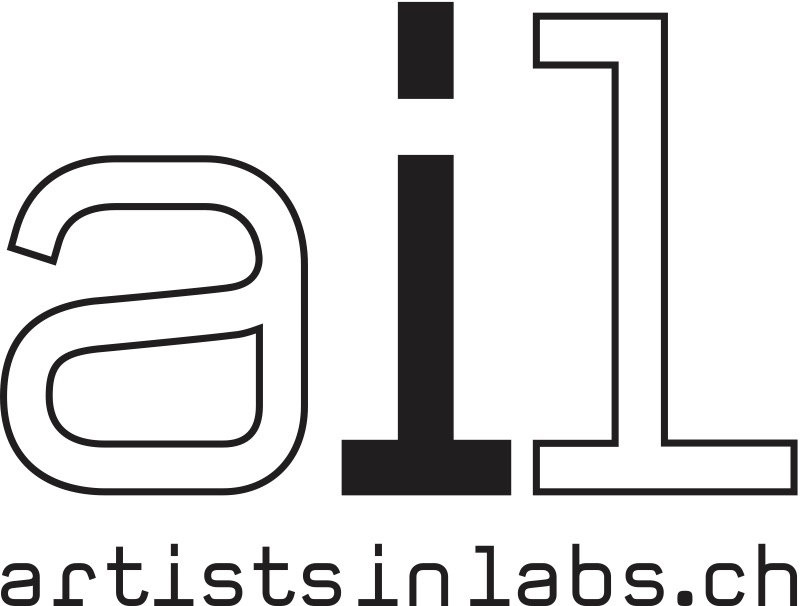

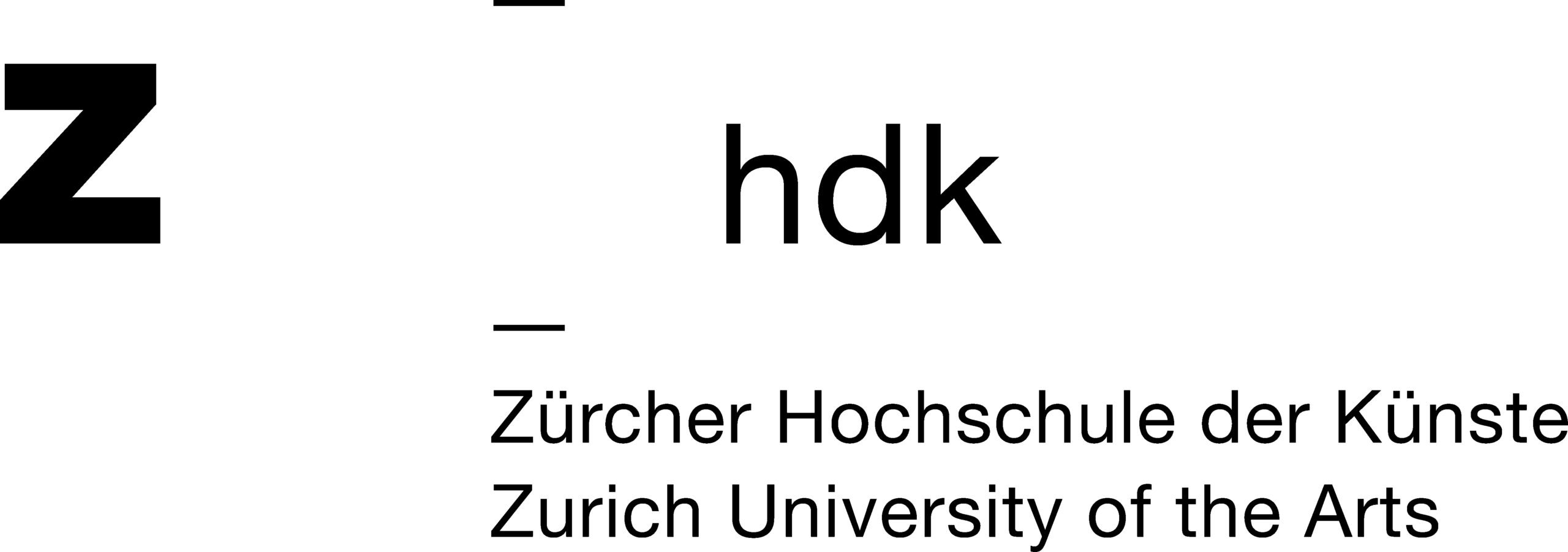
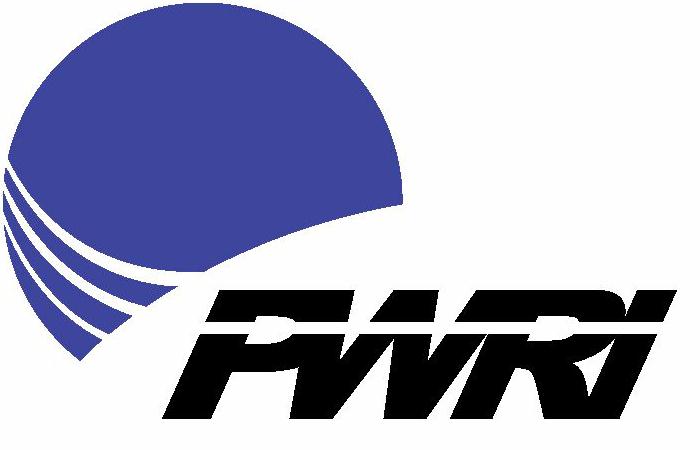
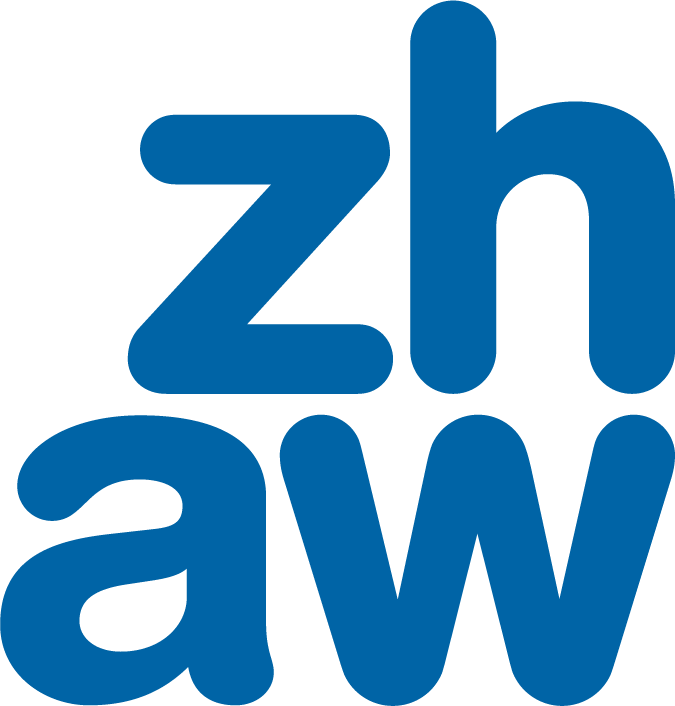
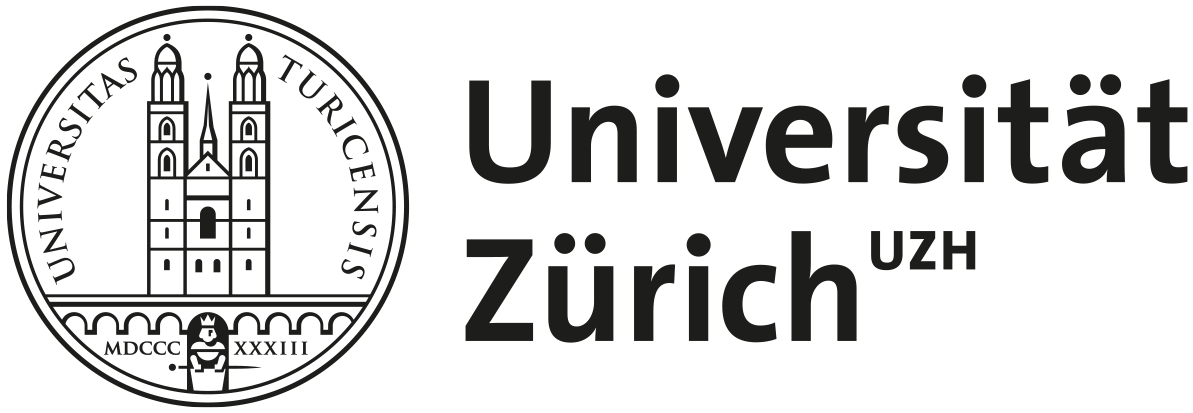
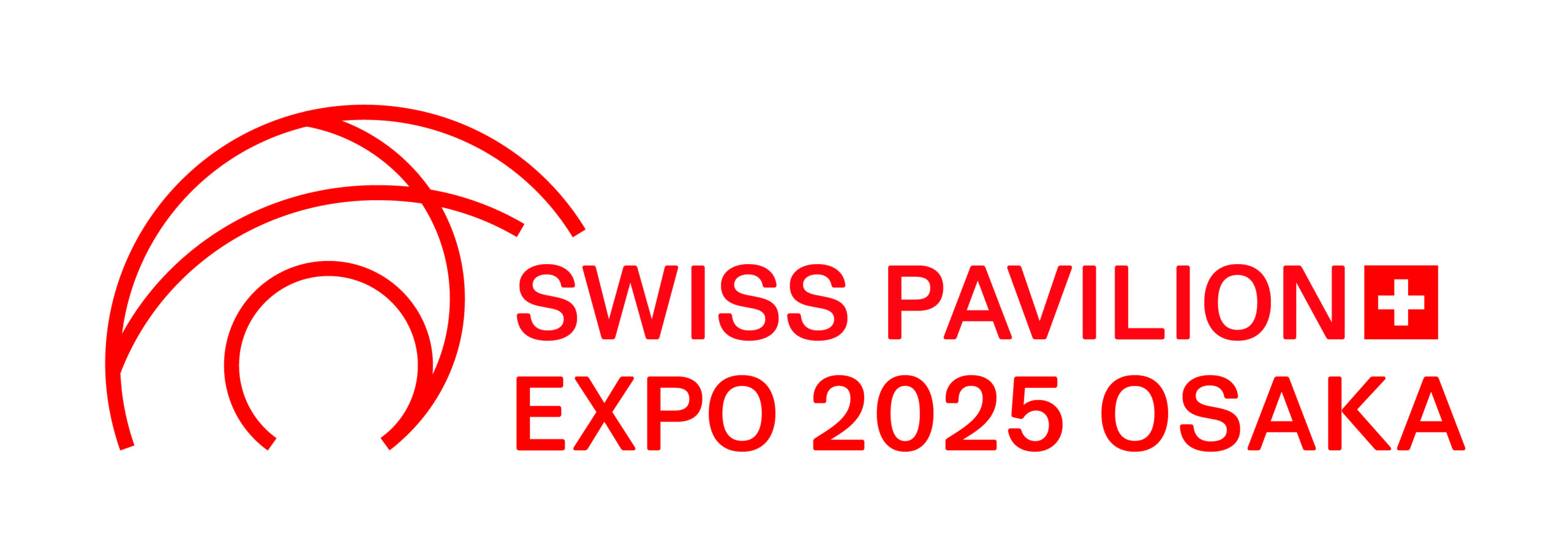

Fiammetta Pennisi
